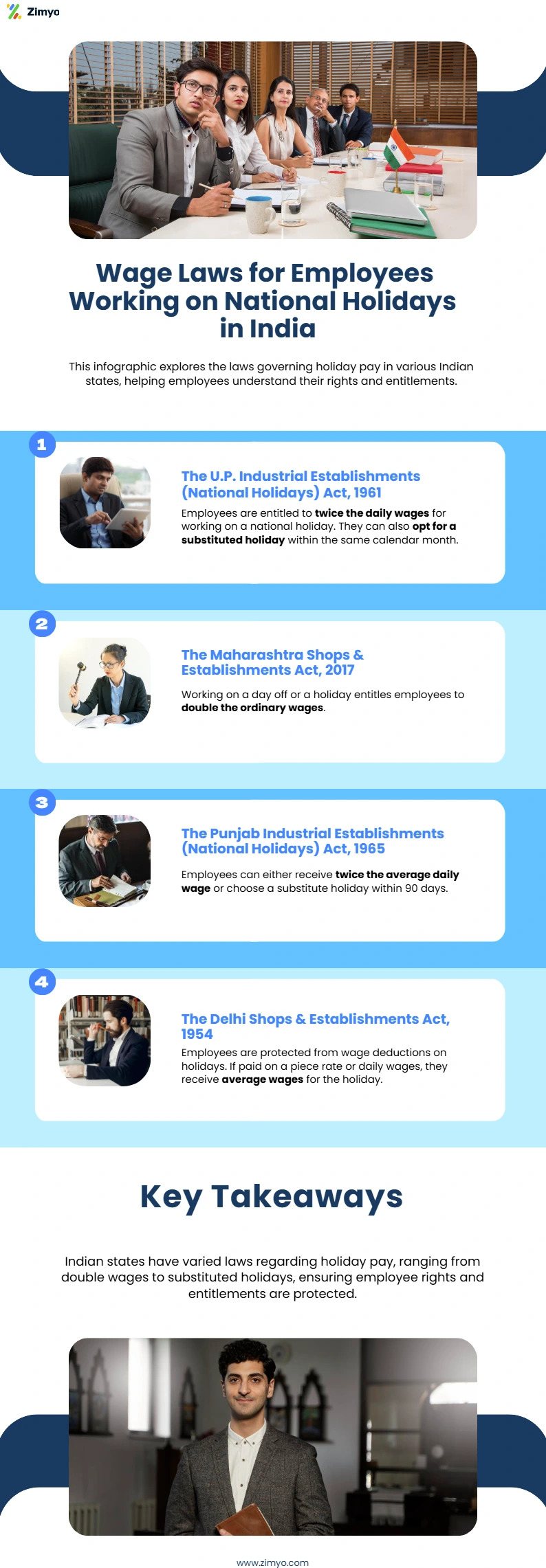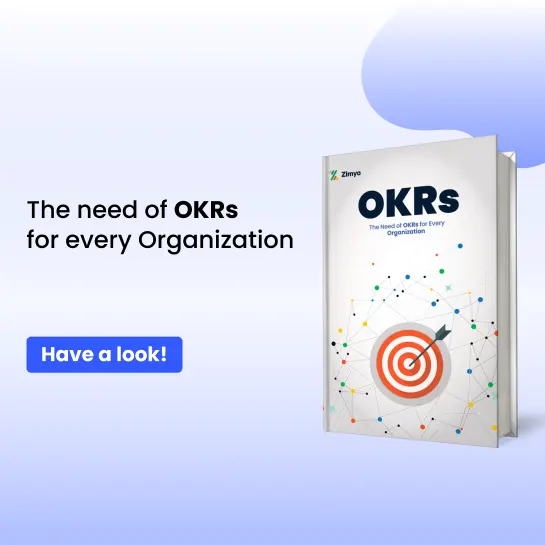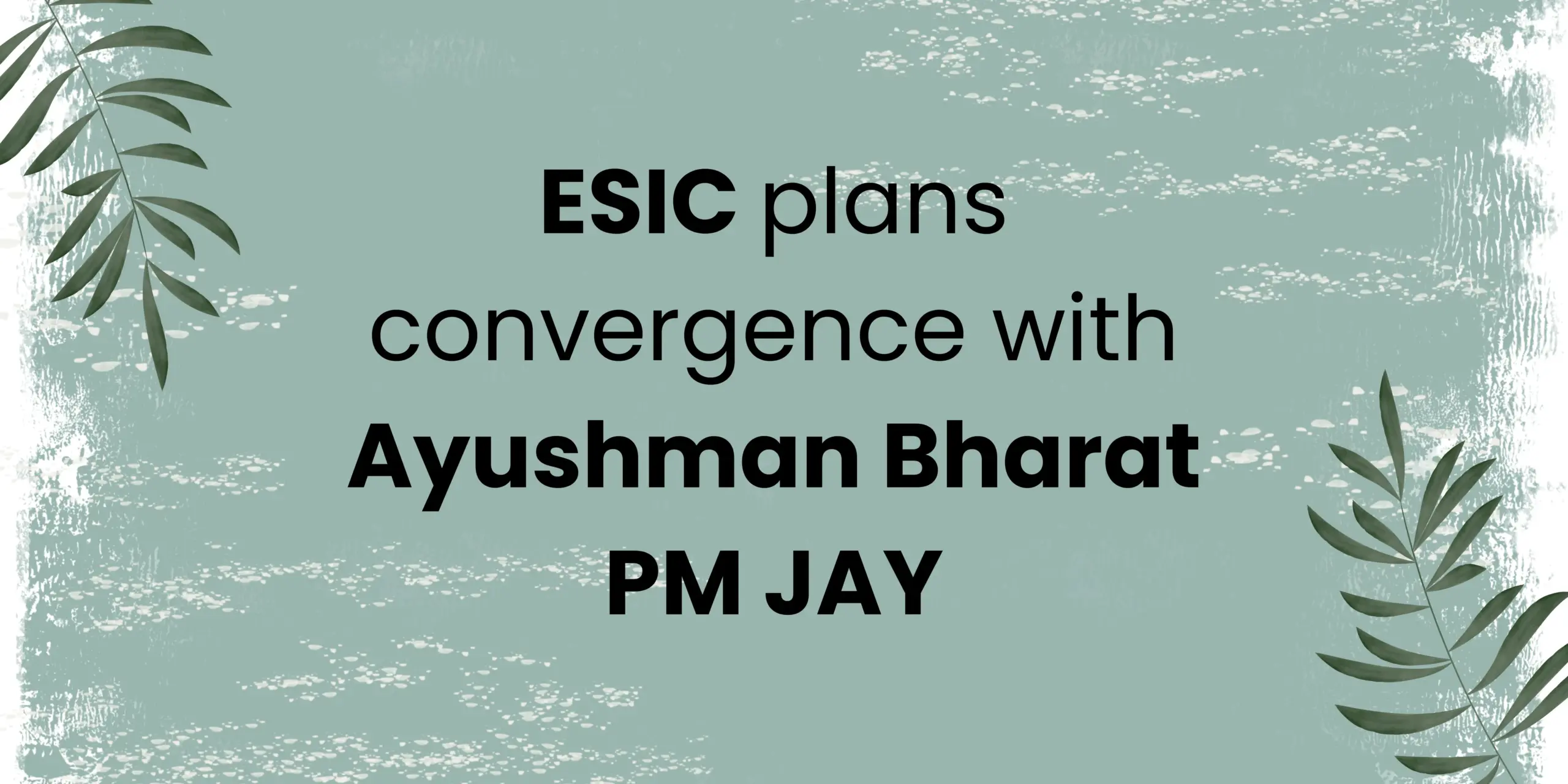Are you confused about how much you would be paid if you worked on a national holiday? Working on a national holiday in India has special significance, and the compensation for employees is governed by both central and state labor laws. Most states have clear rules in place to ensure that employees are fairly compensated for working on these holidays. The good news is, if you work on a national holiday, your paycheck will look different than on a regular day. Let’s go into the details of what the Indian laws say and how you are paid for your efforts.
What Are the Wages for Working on a National Holiday?

If you work on a national holiday in India, the wages you will receive are often double your normal daily rate of pay. Why? Because national holidays are treated as special days, and your work on those days is highly valued. Many states have laws that mandate employers to pay employees either double the wages for the day or offer the employee a choice: get paid once and take a substitute holiday on another day.
Here’s a breakdown of what different states say:
UP Industrial Establishments (National Holidays) Act, 1961
- Twice the wages for the day. Option for a substituted holiday with wages falling within the next calendar month.
Maharashtra Shops & Establishments Act, 2017
- Wages at twice the ordinary rate if you work on your day off or a holiday.
Punjab Industrial Establishments (National Holidays) Act, 1965
- Twice the average daily wage or the choice of getting paid for the day and taking a substitute holiday within 90 days.
Delhi Shops & Establishments Act, 1954
- No deduction from wages on a holiday. If paid on piece rate or daily wages, employees will still receive the average wages for the holiday.
How is the Compensation Calculated?
The calculation is straightforward. If your daily wage is ₹500 and you work on a national holiday, your employer will pay you ₹1000 for that day. Alternatively, you could receive ₹500 for the day and take a compensated day off later.
For employees paid by the day or at piece rates, most state laws calculate wages based on the average daily wage over the previous month. This ensures fair compensation even for those working on variable pay structures.
What About Substituted Holidays?
Sometimes, instead of double wages, employees can take a substitute holiday on another day. The substituted holiday must fall within a specific period after the national holiday. For example, in Uttar Pradesh, the substituted holiday should be taken within the next calendar month. In Punjab, employees have 90 days to use their substituted holiday, while in some other states like Delhi, employees are allowed six months.
Employers should ensure these holidays are documented properly. Employees should be aware of their options and make an informed decision about whether to opt for double pay or a holiday on another day.
Why is This Important?
National holidays in India, like Republic Day, Independence Day, and Gandhi Jayanti, hold significant importance. Employers are required to respect these holidays, and employees who work on these days deserve fair compensation. By offering double pay or substituted holidays, employers show their appreciation for the work done on these special days.
Key Takeaways:
- If you work on a national holiday, you’re entitled to double the wages for that day.
- Alternatively, you can choose to take a substituted holiday with regular wages for the holiday worked.
- Compensation is calculated based on your average daily wage or ordinary rate.
- Different states have different rules, but the common theme is fair compensation.
Examples:
- UP Industrial Establishments Act: If you work on Republic Day, you’ll either receive twice your wage or choose to get your regular wage for that day and take a day off later in the month.
- Maharashtra Shops and Establishments Act: Working on Independence Day? Your employer will pay you double the amount you’d typically earn on a regular day.
Conclusion
In summary, if you work on a national holiday in India, you should be prepared to receive double your salary for that day, or you can opt for regular pay plus a substitute holiday. Most states in India follow this principle to ensure fair treatment of employees on these significant days. Employers must comply with these labor laws to maintain workplace fairness and ensure employee satisfaction.
Stay informed about the specific laws in your state to make sure you’re getting the pay you deserve when you work on national holidays. Wages, whether paid daily, weekly, or monthly, are crucial, and national holidays in India carry an extra weight in terms of compensation.
Reference: India Code









